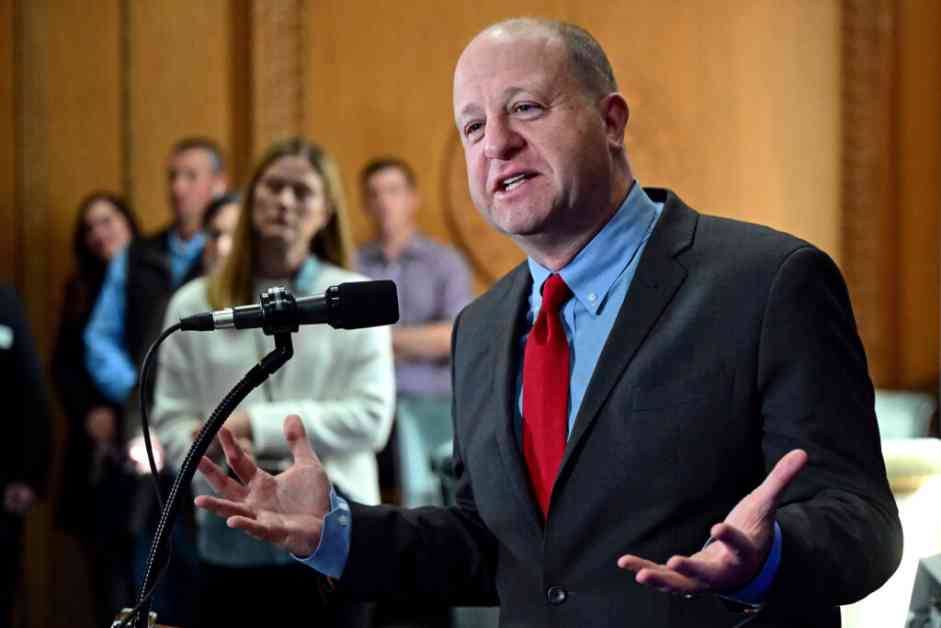Colorado’s Climate Action Efforts Amid Political Changes
Colorado has emerged as a frontrunner in climate action over the past decade, setting ambitious goals to reduce greenhouse gas emissions by 50 percent by 2030. The state has enacted numerous legislations and regulations, focusing on renewable energy expansion, tighter oil and gas rules, and sustainable urban development to combat global warming effectively. However, the recent change in federal administration has shifted the landscape, leaving Colorado to navigate the climate crisis largely on its own.
Colorado’s Progressive Climate Initiatives
Under the leadership of Governor Jared Polis, Colorado has prioritized addressing climate change, emphasizing sustainability, affordability, and livability as intrinsic goals for the state. Despite the challenges posed by the political climate, the state remains committed to its climate agenda, aiming to make tangible progress in reducing emissions and promoting clean energy solutions.
Federal Support and Setbacks
During the Biden administration, Colorado experienced significant support from the federal government, enabling the state to receive funding for renewable energy projects, electric vehicle infrastructure, and climate resilience measures. However, with the return of the Trump administration, funding for climate initiatives was paused, leading to layoffs and uncertainties in Colorado’s climate action efforts.
Impact on Federal Lands and Oil Industry
Colorado’s unique landscape, characterized by federal lands and a thriving oil and gas industry, presents challenges and opportunities in the state’s climate action plans. While efforts are focused on making oil and gas production cleaner, federal support has played a crucial role in advancing renewable energy expansion and climate monitoring initiatives in the state.
Challenges and Opportunities Ahead
As Colorado navigates the changing political landscape and the uncertainties surrounding federal funding, state officials remain optimistic about the future of climate action. Legislative efforts to promote renewable energy, sustainable urban development, and climate resilience measures continue to be at the forefront of Colorado’s agenda, despite the challenges posed by shifting federal policies.
Concluding Thoughts
In the face of political changes and uncertainties, Colorado’s commitment to climate action remains unwavering. With a focus on sustainability, affordability, and livability, the state continues to push forward in its efforts to combat climate change and build a more resilient future for its residents. As the state navigates the complexities of federal funding and policy shifts, the importance of local action and community resilience becomes increasingly evident in shaping Colorado’s climate future.














